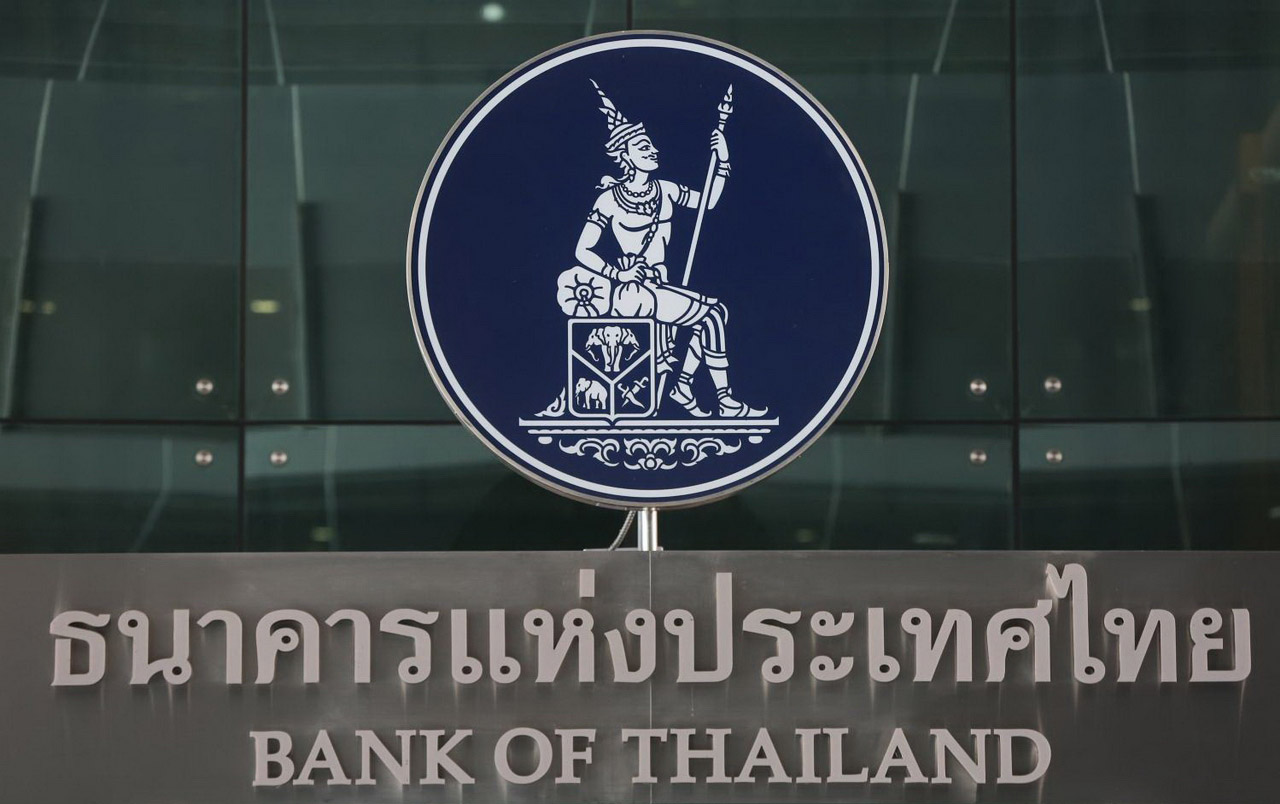|
Key Contacts Chatchai Inthasuwan Nathee Silacharoen Ratthai Kamolwarin Key Contributor Liam Pisan Chandler MHM Limited |
On 15 April 2019, “Arbitration Act (No. 2) B.E. 2562”, an amendment to the Thai Arbitration Act, took effect in Thailand. The Amendment introduced provisions expanding the ability of foreign arbitrators and representatives to act in arbitral proceedings.
This Amendment comes as a response to Thailand’s somewhat negative reputation among foreign investors and those involved in arbitral proceedings. Thailand had a history of limiting foreign arbitrators and representatives in arbitral proceedings conducted in Thailand and governed by Thai law. The main purpose of the new Amendment is to make arbitral proceedings in Thailand more convenient by reducing the limitations on foreign arbitrators and representatives. The Thai government felt that Thailand would benefit from creating an arbitral environment that would increase foreign investment in Thailand and that would promote Thailand as a regional center for international arbitral proceedings.
The previous legal framework for arbitral proceedings in Thailand had two primary shortcomings:
- First, Thailand had uncommonly difficult and time- consuming work permit requirements for foreign arbitrators. The resultant reluctance of foreign arbitrators to accept appointments in Thailand severely limited the arbitration choices of involved parties. These limitations of choice arguably contradicted the consensual purpose of arbitration and affected the ability of parties in dispute to select the most appropriate arbitrator or representative, especially when disputes became highly complex or technical.
- Second, even when foreign arbitrators were willing to go throughtherequirementsfor a workpermit, parties could only appoint foreign arbitrators if they were acting in defense of a case, if the governing law were not Thai law, and if the award would not require Thai enforcement.
These difficulties frequently dissuaded foreign parties from conducting arbitral proceedings in Thailand. Many foreign parties would instead structure contracts to allow for arbitral proceedings in more “arbitration friendly” jurisdictions, such as Singapore and Hong Kong.
The bill appears to correct both of these difficulties by allowing parties in arbitral proceedings to choose foreigners to act as arbitrators or representatives, without needing to first receive a temporary work permit. Under the Amendment, when an arbitral proceeding is conducted through official Thai agencies, such as the Thai Arbitration Institute (TAI) or the Thai Arbitration Centre (THAC), foreign arbitrators and representatives may now apply for a certificate from either the TAI or THAC for consideration by Thai immigration officials. The certificates will be valid for the same estimated period of the arbitration proceedings, with opportunity for renewal. For the duration of this certificate, the government will permit foreign arbitrators or representatives to reside in Thailand, authorize them to perform their duties in Thailand, and will issue them a work permit (all conditional on applicable laws pertaining to foreign workers andimmigration).
These new standards could make arbitration in Thailand more convenient for foreign parties, thus making foreign parties more willing to conduct arbitral proceedings here. Foreign arbitrators and representatives could be more willing to provide their services in Thailand, and foreign investors may similarly feel more willing to increase international trade and investment in Thailand. Thailand may even be able to benefit from possible arbitration tourism like Hong Kong and Singapore.
This publication is intended to highlight an overview of key issues for ease of understanding, and not for the provision of legal advice. If you have any questions about this publication, please contact your regular contact person(s) at Mori Hamada & Matsumoto or Chandler MHM Limited, or any of the Key Contacts listed in the far-right column.
























































 Chandler MHM Limited
Chandler MHM Limited Jessada Sawatdipong
Jessada Sawatdipong




